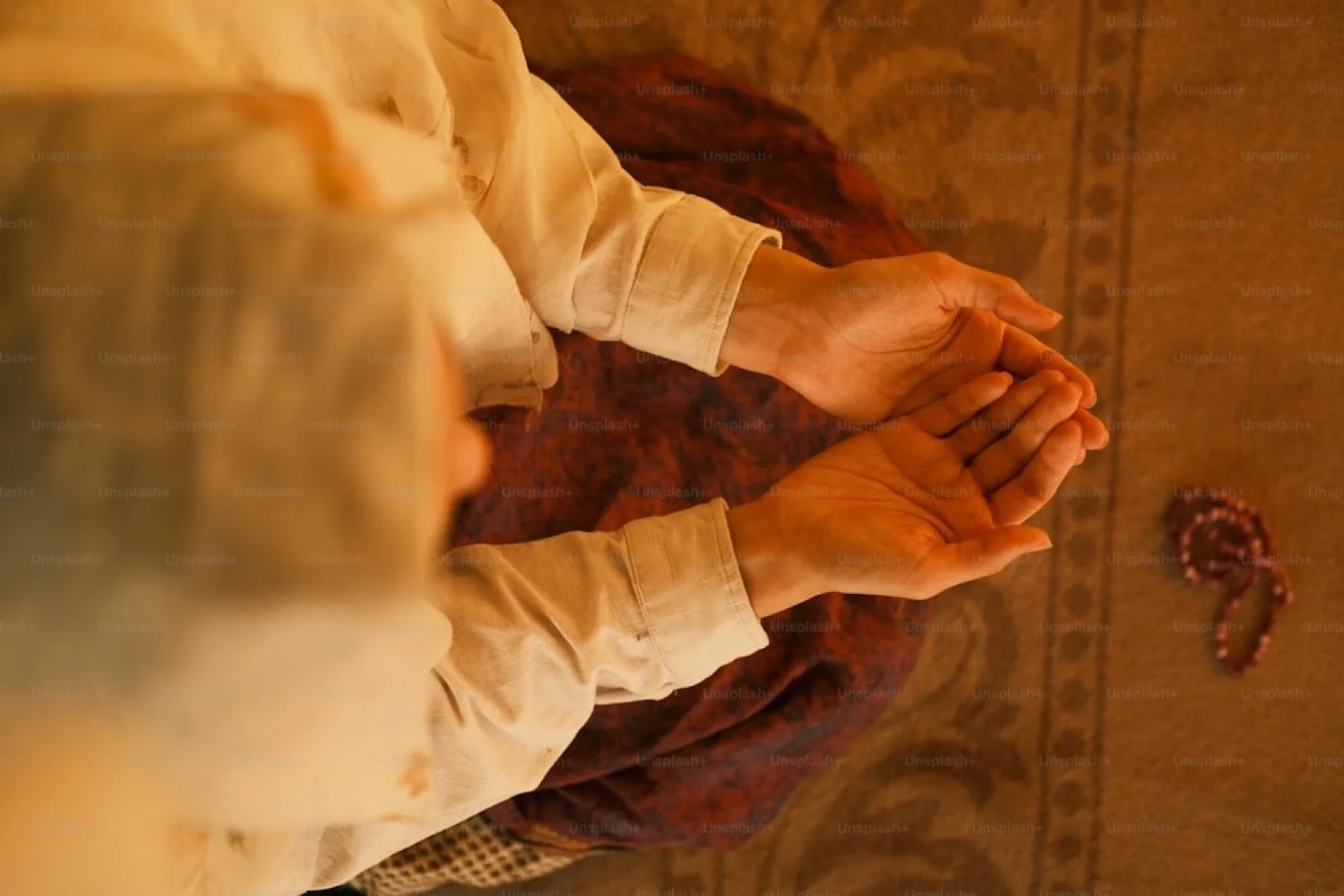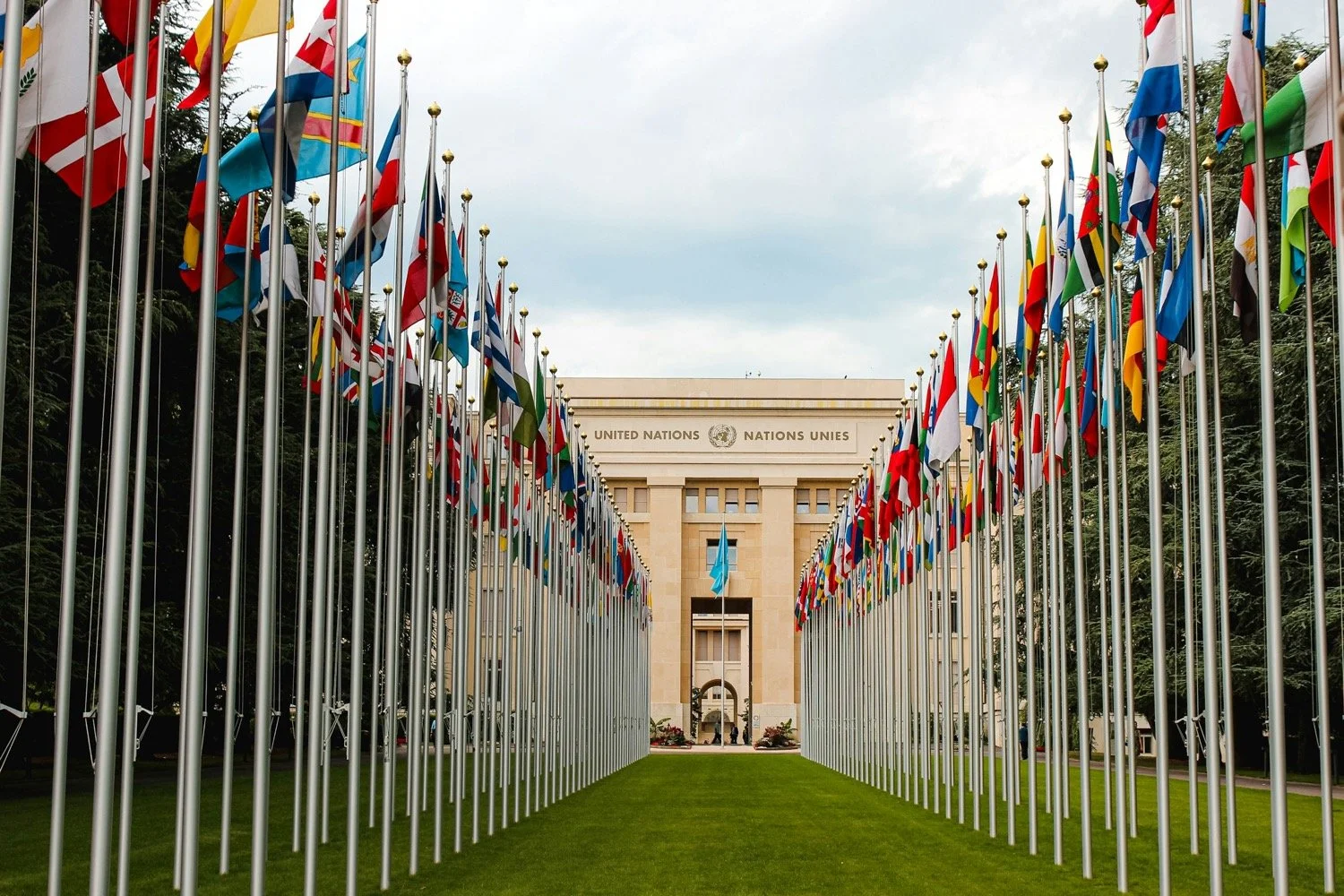Readings for today: Lamentations 3:37-5:22
What comes after lament? That’s a question I often deal with as a pastor. I walk with people through crisis. I sit with people in their grief. I do my best to comfort them as they mourn. I help them process their pain. After making space for all of the heartache, what comes next? After walking through the valley of the shadow of death together, what happens when one gets to the other side? Honestly, in my experience, this is where the hard work really begins.
I think of a woman I once knew who was married for decades. On the outside, things in their family looked good. He was very successful in his business. They were able to travel the world together. Pursue whatever their hearts desired. But after he passed and the funeral was over, the real truth began to emerge. Alcoholism. Abuse. A life of torment and fear. As the widow and I met to process what she was feeling, we talked about her need for healing. Her need to recover. Her need to be patient and give herself time to work through all the emotions she was experiencing. We also talked about what life would look like on the other side. Her desire to be married again. Her desire to pursue some of the dreams her husband had denied her. Her desire to reconnect with their estranged children and recover some of the years they had lost. This would require a lot of introspection and self-reflection. Owning what she needed to own and disowning what she needed to disown. Thankfully, she had the courage to walk the road faithfully before the Lord. She took up hobbies like horseback riding and cooking. She renewed her relationship with her son. She began dating a good man who treated her with the love and respect she deserved. It was beautiful to watch.
We catch Jeremiah at a much earlier, much darker place in the journey. He is still very much processing his pain. The heartache is real. The emotions are visceral. Though the reading is hard, it is good to know we can be raw and real before God. At the same time, we see the stirrings of a new season begin to emerge as well. Jeremiah calling for the people of Israel to think about what comes next after lament. Once they’ve fully grieved, they will need to take some time to reflect and repent and renew their faith and trust in God. “Who do you think “spoke and it happened”? It’s the Master who gives such orders. Doesn’t the High God speak everything, good things and hard things alike, into being? And why would anyone gifted with life complain when punished for sin? Let’s take a good look at the way we’re living and reorder our lives under God. Let’s lift our hearts and hands at one and the same time, praying to God in heaven…” (Lamentations 3:37-42 MSG) Jeremiah knows what comes next. He knows the people of God must return to Him if they are to experience the healing and restoration their hearts so desperately long for.
Anyone who has ever walked with grief knows the journey well. It begins in deep darkness where it’s hard to see any light at all. Momentum begins to pick up as we take our initial steps and the darkness doesn’t seem as deep. As we continue walking the road, a light does appear at the end of the tunnel. Eventually, as we keep doing the work, we emerge into the bright sunshine of a new day. God is faithful! He will walk with us through the valley of the shadow of death and as we turn to Him - lifting up our hearts and hands in worship - He promises to cast out all our fear and bring us to green pastures and still waters, to places where we will find our souls restored.
Readings for tomorrow: Ezekiel 1-4




